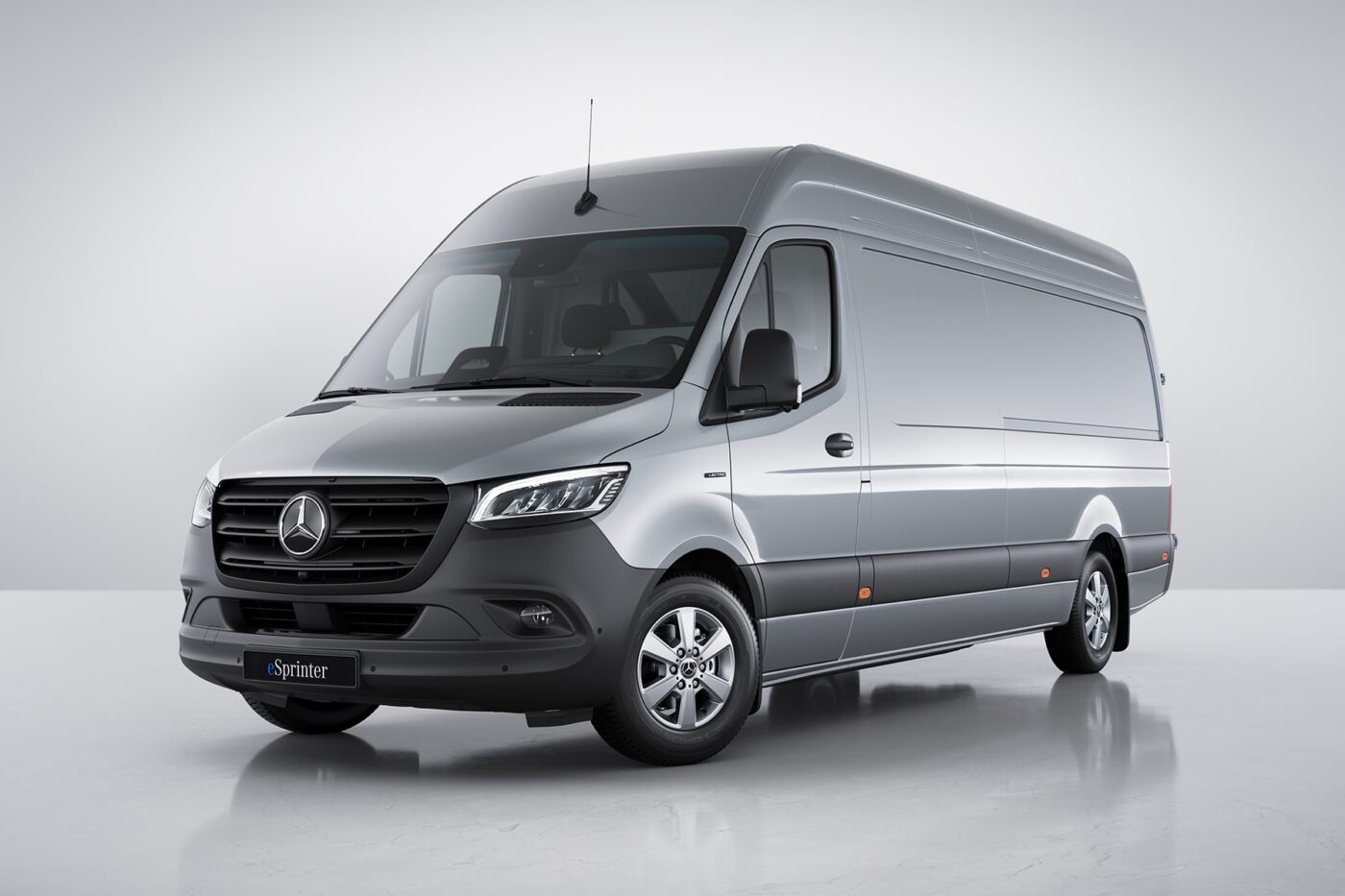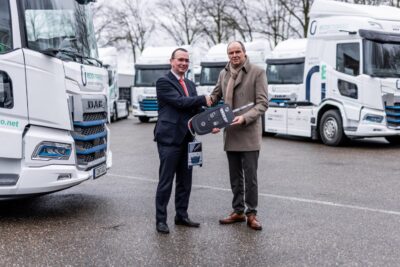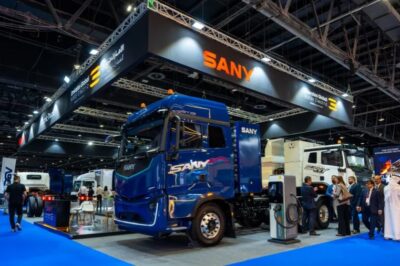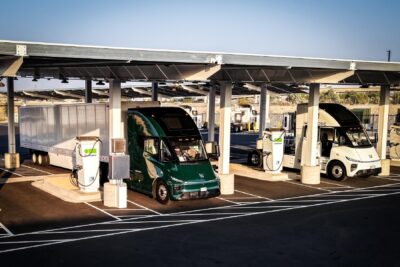Electric trucks to be reclassified in the UK
Until now, electric vans have been subject to a problematic regulatory loophole. Despite being smaller than traditional HGVs, electric vans tend to weigh much more than their ICE counterparts, owing to the size of the battery packs required. This means that zero-emission vans which fall into the 3.5 to 4.25 tonne mass bracket have been classified as heavy goods vehicles – a category typically reserved for large lorries or refrigerated trucks.
That means the likes of the Mercedes eSprinter or the Ford E-Transit were subject to much more stringent testing criteria covering road-worthiness, driver hours requirements, and speed-limiting equipment than their internal combustion equivalents – despite their equivalent size or capacity.
Feedback from a variety of private companies highlighted this issue in a public consultation conducted by the DfT, with some citing it as a key barrier to fleet electrification in the UK. One respondent said: “Some operators of fleets are reluctant to switch to zero emission vans because they are subjected to the HGV testing scheme.” Another added: “The current requirements for testing imposes disproportionate financial and operational burdens on operators, given that these vehicles are functionally equivalent to their 3.5t diesel counterparts.”
As a result, the DfT has confirmed that 3.5 – 4.25 tonne zero emission vans will be reclassified into the Class 7 MOT regime instead of the full HGV test regime. That means zero-emission vans will be treated the same way as vehicles that weigh up to 3.5 tonnes.
The consequences of this for logistics operators cannot be understated. Firstly, it means that an MOT for the vans will only be required three years after initial registration, rather than after one year – something which immediately amends an early reoccurring cost and testing schedule for new electric vans. After that, annual MOTs will be required, which aligns the vans with their ICE equivalents and reduces costs and downtime. Additionally, the DfT has proposed removing these vans from drivers’ hours and tachograph rules which apply to HGVs, and said it is examining whether speed-limiter requirements should still apply.
The announcement undoubtedly marks a significant move towards a level playing field for electric vans in the UK’s fleet market, particularly for those companies operating mixed ICE and electric fleets. Toby Poston, chief executive of the BVRLA, said: “Policymakers have listened to the fleet sector. We now need to see the legislation passed quickly to finally remove these restrictive regulations… Operators of large vans are being given the chance to access cleaner, greener models, no longer hamstrung by illogical operational loopholes.”





0 Comments